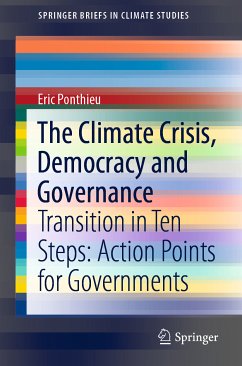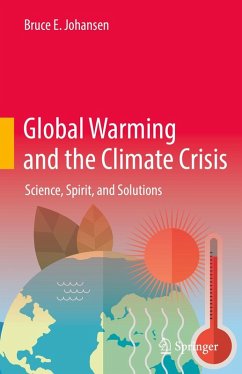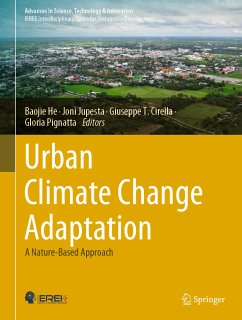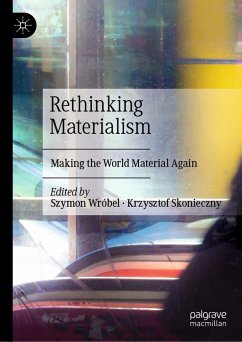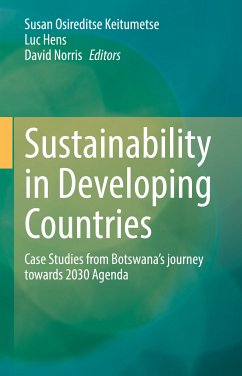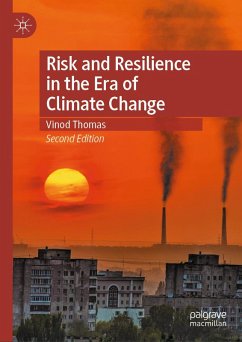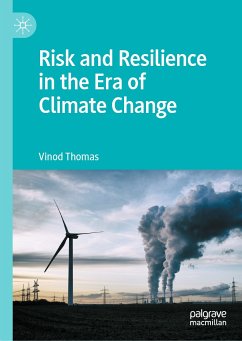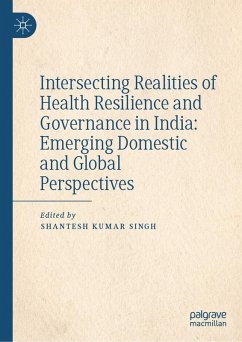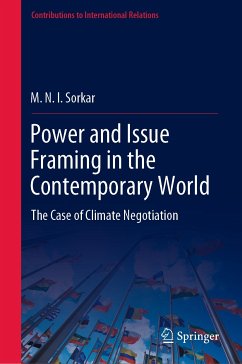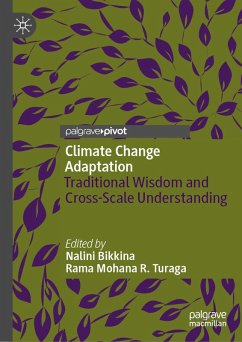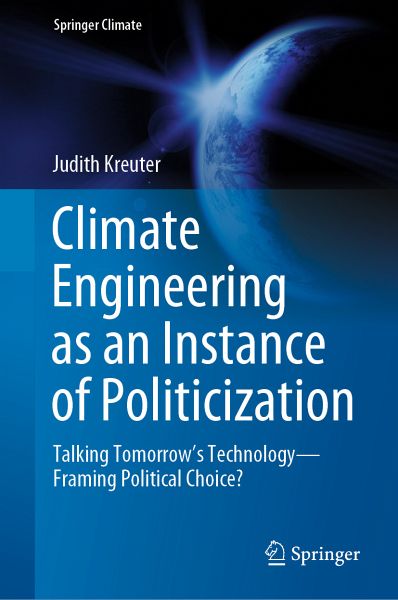
Climate Engineering as an Instance of Politicization (eBook, PDF)
Talking Tomorrow's Technology-Framing Political Choice?
Versandkostenfrei!
Sofort per Download lieferbar
72,95 €
inkl. MwSt.
Weitere Ausgaben:

PAYBACK Punkte
36 °P sammeln!
This book examines the academic discussion on climate engineering as an instance of politicization - as a subject of deliberation and decision-making. It traces legitimizing and delegitimizing frames applied to discuss both Carbon Dioxide Removal and Solar Radiation Management approaches in academic publications, and their implications for political decision-making. Moreover, it offers insights into how academic discourse on climate technology can influence political decision-making - especially at a technological stage where a socio-technical system with a high degree of inertia does not (yet...
This book examines the academic discussion on climate engineering as an instance of politicization - as a subject of deliberation and decision-making. It traces legitimizing and delegitimizing frames applied to discuss both Carbon Dioxide Removal and Solar Radiation Management approaches in academic publications, and their implications for political decision-making. Moreover, it offers insights into how academic discourse on climate technology can influence political decision-making - especially at a technological stage where a socio-technical system with a high degree of inertia does not (yet) exist. The high degree of diversity of frames in the academic discussion is understood as an opportunity for deliberate decision-making concerning the future roles of these approaches in global climate policy. This book demonstrates how insights from science and technology studies can be operationalized in empirical political analysis. It appeals to scholars in both political science and environmental science who are interested in climate change policy-making and the science-policy nexus.
Dieser Download kann aus rechtlichen Gründen nur mit Rechnungsadresse in A, B, BG, CY, CZ, D, DK, EW, E, FIN, F, GR, HR, H, IRL, I, LT, L, LR, M, NL, PL, P, R, S, SLO, SK ausgeliefert werden.



